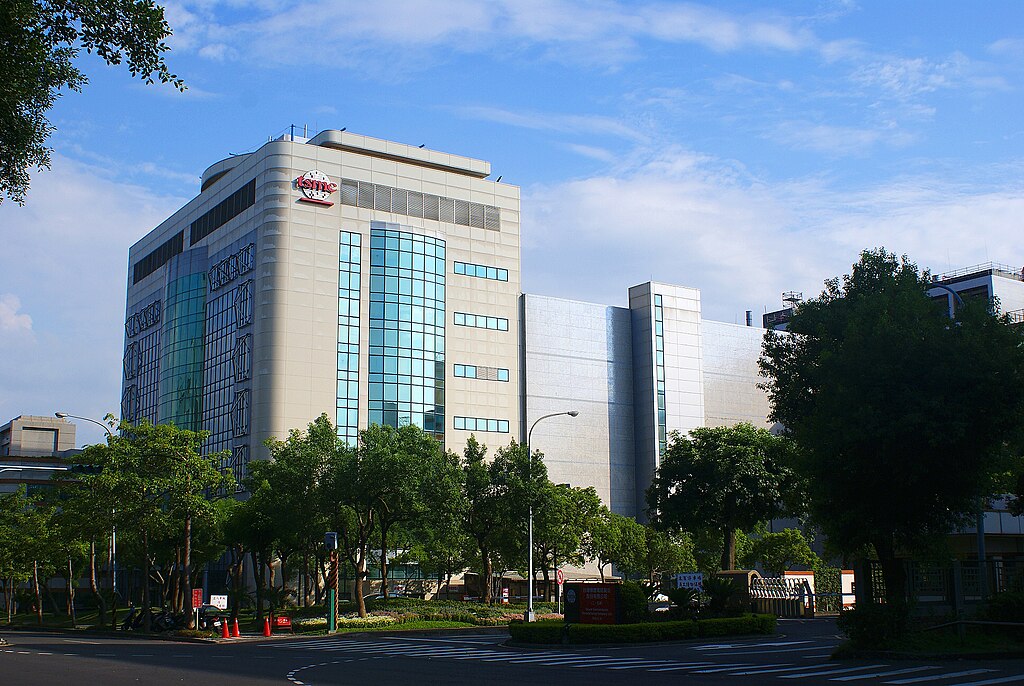U.S. Mandates Halt of TSMC Advanced AI Chip Exports to China
The United States has directed Taiwan Semiconductor Manufacturing Co. (TSMC) to cease shipments of advanced semiconductor chips used in artificial intelligence (AI) applications to Chinese customers. Starting Monday, the U.S. Department of Commerce imposed export restrictions on chips designed at 7 nanometers or smaller, impacting high-tech processors commonly used in AI and graphics processing units (GPUs), according to a source familiar with the matter.
Why TSMC’s Exports Are Halted
The order followed an incident reported last month where one of TSMC’s chips was found in a Huawei AI processor, possibly violating U.S. export controls. Huawei remains on the U.S. restricted trade list, meaning suppliers must obtain specific licenses to supply goods or technology to the company, especially for AI-related products. This restriction is part of the U.S. effort to curtail China's access to critical AI hardware.
Broader Industry Impact
In response, TSMC has informed its affected Chinese clients of suspended shipments. Chinese semiconductor firms, including chip designers like Sophgo, will experience delays and potential setbacks in accessing cutting-edge AI chip technology. This restriction is part of a larger initiative: in 2022, similar "is-informed" letters were sent to Nvidia and AMD, limiting exports of advanced AI chips to China.
With bipartisan U.S. political support, these measures reflect growing national security concerns around AI capabilities. The new restrictions will expedite U.S. oversight of export compliance for other semiconductor firms exporting to China.



 Amazon Stock Rebounds After Earnings as $200B Capex Plan Sparks AI Spending Debate
Amazon Stock Rebounds After Earnings as $200B Capex Plan Sparks AI Spending Debate  Prudential Financial Reports Higher Q4 Profit on Strong Underwriting and Investment Gains
Prudential Financial Reports Higher Q4 Profit on Strong Underwriting and Investment Gains  SoftBank Shares Slide After Arm Earnings Miss Fuels Tech Stock Sell-Off
SoftBank Shares Slide After Arm Earnings Miss Fuels Tech Stock Sell-Off  Weight-Loss Drug Ads Take Over the Super Bowl as Pharma Embraces Direct-to-Consumer Marketing
Weight-Loss Drug Ads Take Over the Super Bowl as Pharma Embraces Direct-to-Consumer Marketing  Alphabet’s Massive AI Spending Surge Signals Confidence in Google’s Growth Engine
Alphabet’s Massive AI Spending Surge Signals Confidence in Google’s Growth Engine  CK Hutchison Launches Arbitration After Panama Court Revokes Canal Port Licences
CK Hutchison Launches Arbitration After Panama Court Revokes Canal Port Licences  Instagram Outage Disrupts Thousands of U.S. Users
Instagram Outage Disrupts Thousands of U.S. Users  SpaceX Prioritizes Moon Mission Before Mars as Starship Development Accelerates
SpaceX Prioritizes Moon Mission Before Mars as Starship Development Accelerates  Once Upon a Farm Raises Nearly $198 Million in IPO, Valued at Over $724 Million
Once Upon a Farm Raises Nearly $198 Million in IPO, Valued at Over $724 Million  Uber Ordered to Pay $8.5 Million in Bellwether Sexual Assault Lawsuit
Uber Ordered to Pay $8.5 Million in Bellwether Sexual Assault Lawsuit  SpaceX Pushes for Early Stock Index Inclusion Ahead of Potential Record-Breaking IPO
SpaceX Pushes for Early Stock Index Inclusion Ahead of Potential Record-Breaking IPO  American Airlines CEO to Meet Pilots Union Amid Storm Response and Financial Concerns
American Airlines CEO to Meet Pilots Union Amid Storm Response and Financial Concerns  Tencent Shares Slide After WeChat Restricts YuanBao AI Promotional Links
Tencent Shares Slide After WeChat Restricts YuanBao AI Promotional Links  OpenAI Expands Enterprise AI Strategy With Major Hiring Push Ahead of New Business Offering
OpenAI Expands Enterprise AI Strategy With Major Hiring Push Ahead of New Business Offering  TrumpRx Website Launches to Offer Discounted Prescription Drugs for Cash-Paying Americans
TrumpRx Website Launches to Offer Discounted Prescription Drugs for Cash-Paying Americans  Sony Q3 Profit Jumps on Gaming and Image Sensors, Full-Year Outlook Raised
Sony Q3 Profit Jumps on Gaming and Image Sensors, Full-Year Outlook Raised  Baidu Approves $5 Billion Share Buyback and Plans First-Ever Dividend in 2026
Baidu Approves $5 Billion Share Buyback and Plans First-Ever Dividend in 2026 































